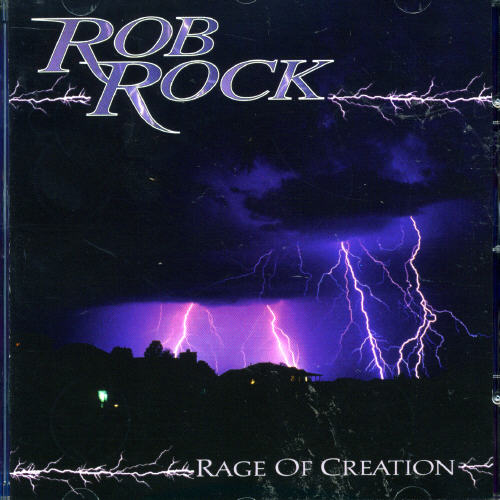
description
alter Gieseking, foremost pianist of his generation, and his teacher for five years, Karl Leimer, that have long been sought after by students and teachers looking for a radical approach toward developing not only finger-technique but expression-technique. Emphasis throughout is on listening to one's self and proper understanding as the basis of proper technique for the piano.
In book one, originally titled The Shortest Way to Pianistic Perfection, Gieseking and Leimer work with a series of piano works -- a study from Lebert and Stark, Bach's Two- and Three-Part Inventions in C, and Beethoven's Sonata in F Minor, Op. 2, No. 1. Before beginning to play, the student is asked to visualize each piece through silent reading. Through Leimer's instruction in this area the student soon discovers how to approach each piece as not merely a series of notes to memorize but as a coherent musical structure to understand. Following are instructions on natural interpretation, with consideration of touch, relaxation, and proper emphasis in the practice. Also given are notes on such topics as etudes, scales, broken chords, the trill, and tranquility.
In book two, Rhythmics, Dynamics, Pedal and Other Problems of Piano Playing, Leimer carries his method of visualization further with a study of the Allemande from Bach's French Suite in E Major. Following are further exercises and practices for developing other pianistic technique with reference to works of other composers. Specific exercises which cover rhythmics, dynamics, and phrasing are designed so that they will benefit not only the pianist but also performers on other instruments. Extensive chapters on variety of touch and the pedal give a great number of techniques and exercises for extending the expressive and dynamic range.
In book one, originally titled The Shortest Way to Pianistic Perfection, Gieseking and Leimer work with a series of piano works -- a study from Lebert and Stark, Bach's Two- and Three-Part Inventions in C, and Beethoven's Sonata in F Minor, Op. 2, No. 1. Before beginning to play, the student is asked to visualize each piece through silent reading. Through Leimer's instruction in this area the student soon discovers how to approach each piece as not merely a series of notes to memorize but as a coherent musical structure to understand. Following are instructions on natural interpretation, with consideration of touch, relaxation, and proper emphasis in the practice. Also given are notes on such topics as etudes, scales, broken chords, the trill, and tranquility.
In book two, Rhythmics, Dynamics, Pedal and Other Problems of Piano Playing, Leimer carries his method of visualization further with a study of the Allemande from Bach's French Suite in E Major. Following are further exercises and practices for developing other pianistic technique with reference to works of other composers. Specific exercises which cover rhythmics, dynamics, and phrasing are designed so that they will benefit not only the pianist but also performers on other instruments. Extensive chapters on variety of touch and the pedal give a great number of techniques and exercises for extending the expressive and dynamic range.
member goods
No member items were found under this heading.
Return Policy
All sales are final
Shipping
No special shipping considerations available.
Shipping fees determined at checkout.







